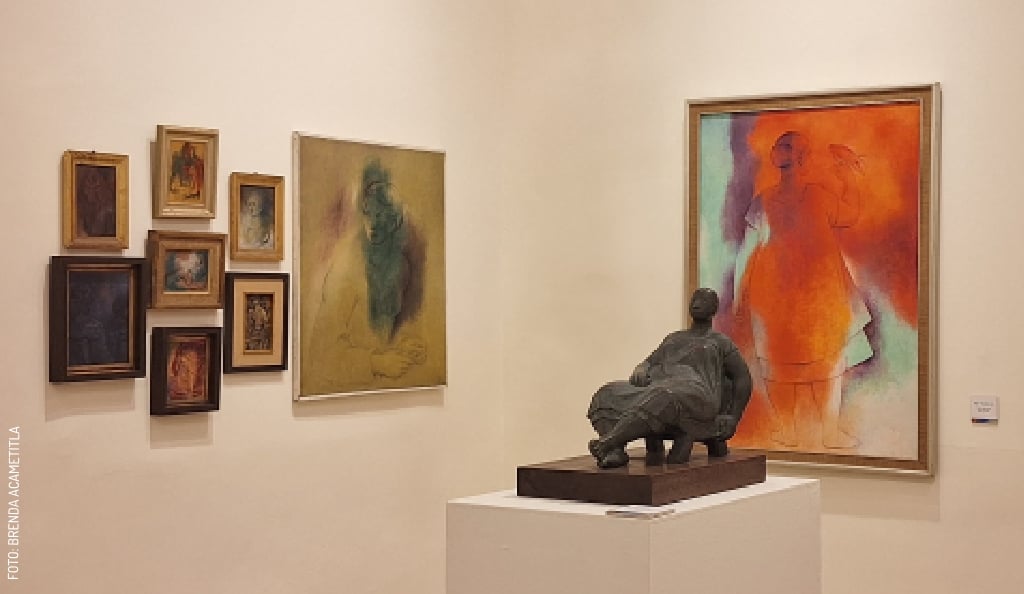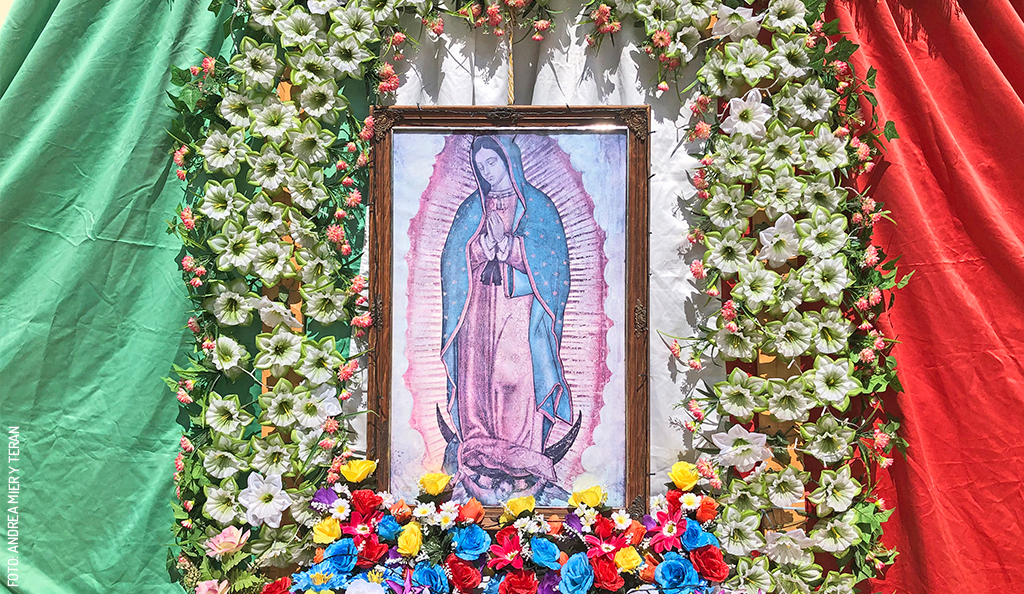
The Tradition of La Rama
The Tradition of La Rama, Las Ramadas, Christmas Celebrations
The hurricane season and Janal Pixan are behind us, and with a newfound break from the heat it can only mean one thing: Christmas is upon us. That means it’s time to get together with my friends and get ready for La Rama. This time of year was so exciting back when I was a kid! We would meet at someone’s house and walk around town, pick a nice branch (the Rama) and some palms to go with it. We would paint the branch and decorate it with ornaments, balloons, and whatever else we could think of.
The tradition also included a small altar for the Virgen de Guadalupe, which we made out of a shoebox and decorated with sequins and flowers. Someone would be in charge of providing a candle to lead our pilgrimage.
The "Ramadas" song
Standing and singing at someone’s porch would make me extremely nervous, which would then turn to laughter (up until my friends’ tugs and pulls would remind me to focus). It was of importance to gather money in our can. Upon arriving to the door, we would sing:
“I stand at the door and take my hat off because in this house lives a gentleman. A gentleman, a general lives here and he gives us permission to begin: Oranges and limes, limes and lemons…”
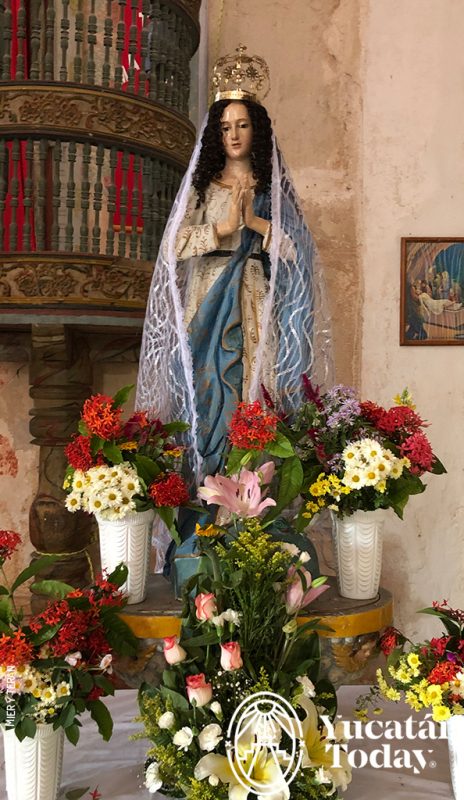 La Rama is a tradition we grew up with here in Yucatán (as well as in other Mexican states and Caribbean countries). If you go around town between December 1 and 23, you'll likely encounter a group of children at night visiting houses, parks, and markets singing this carol that ends by asking for a bit of cash. If received, the song concludes with:
La Rama is a tradition we grew up with here in Yucatán (as well as in other Mexican states and Caribbean countries). If you go around town between December 1 and 23, you'll likely encounter a group of children at night visiting houses, parks, and markets singing this carol that ends by asking for a bit of cash. If received, the song concludes with:
“The Rama leaves grateful as it was well received in this house”
If the opposite occurs, La Rama ends with:
“The Rama leaves with a heavy heart as in this house we received nothing”
With this cash, kids can plan their traditional Christmas party or Posada as it is called here. These customs, besides being sweet, give us the opportunity to show our creative side, gather with different people from town, organize, and dive into adventure. Back when cellphones weren’t a thing (especially those who claim to be smarter than us), our imagination would run wild and lead us to carry our Rama around amongst laughter, songs, and the hope of securing the necessary earnings for our celebration. If you happen to bump into one of these groups, don’t forget to sing along, and help out these young entrepreneurs.
Photography by Andrea Mier y Teran for its use in Yucatán Today.

Author: Andrea Medina
Born in Mérida and raised in the heart of the Peninsula, I consider myself a “yucaterca.” My childhood – without electronics, surrounded by nature and indigenous communities – made me sensible towards real, simple, genuine things and people. At age 7, I started a radio show with the XEPET “The Voice of the Maya” which allowed my imagination and creativity to develop and become my favorite space.
In love with Yucatán? Get the best of Yucatán Today delivered to your inbox.
Related articles
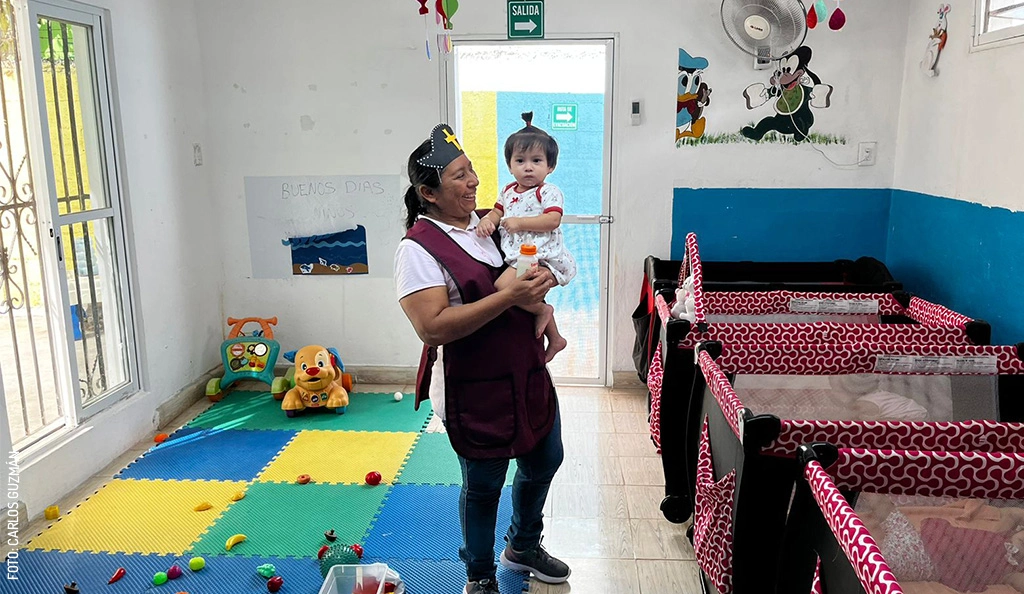
Volunteering in Yucatán: Give Your Best in 2026
Make volunteering one of your most important goals for 2026. Check out this list of associations in Mérida that will be the happiest for your support.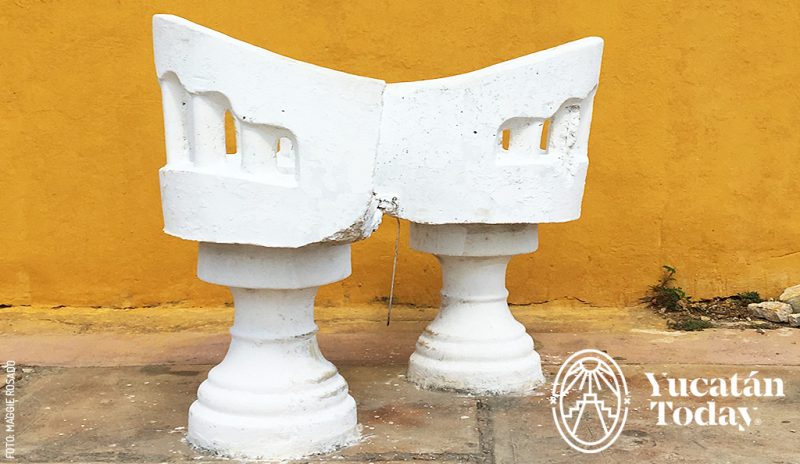
What to do in Yucatán in February
Are you visiting Yucatán in February? Here are some hot tips to make the most of your stay: activities, events, and celebrations you won’t want to...